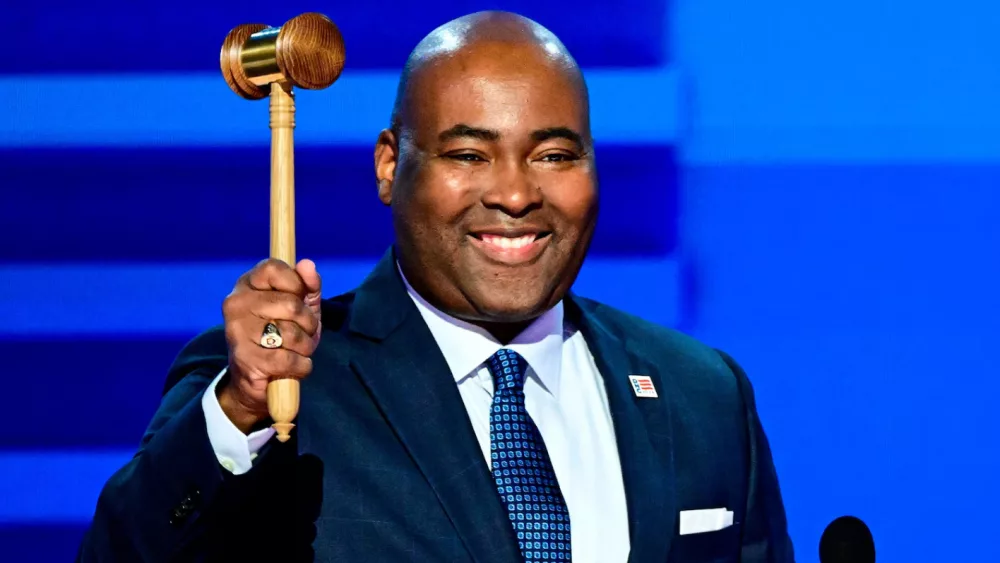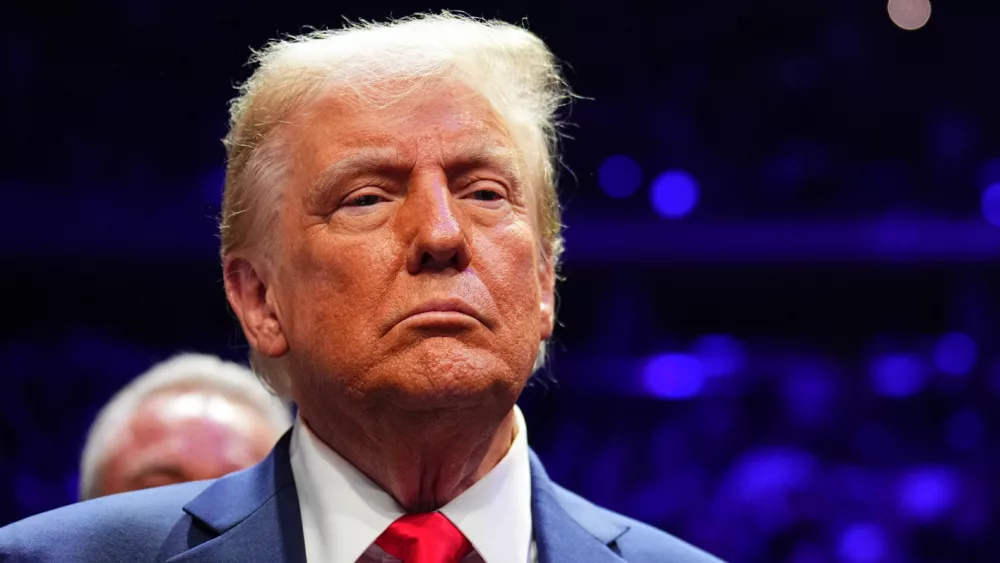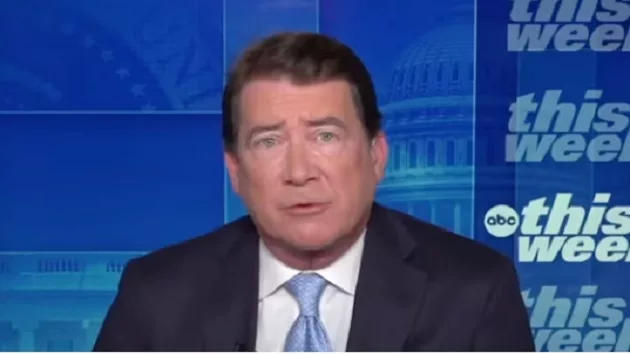
(WASHINGTON) — In the final month before the midterm elections, much of the attention will focus on high-profile races to choose governors, senators, representatives and more.
But another debate has been heating up further down the ballot among the officials charged with safeguarding states’ money. Some Republican state treasurers are now arguing that “woke capitalism” is a threat, and they’re taking action to push back against it.
“Woke capitalism” is a derogatory reference to ESG, or environmental and social governance, a financial strategy where companies and investors prioritize investments that they believe will create a positive benefit to society in the long-term, often by addressing climate change or issues like diversity or racial inequality.
Advocacy groups and investors have for years lobbied the financial industry to divest from fossil fuels, and the increased attention on racial injustice and environmental issues has led scores of younger investors to look for more socially conscious ways to manage their money.
The U.N. climate panel has said that in order to keep warming temperatures down as much as possible, the world needs to stop building new fossil fuel infrastructure as quickly as possible — and that any new infrastructure could become a financial liability if fossil fuels are replaced by renewable energy in the coming years.
Banks have responded to such factors both by offering funds that they claim only include environmentally friendly industries and by pledging to prioritize finance for industries that have made steps to address their contribution to climate change.
But Republican critics of the ESG strategy insist it unfairly puts a finger on the scale of the market in a way that benefits Democratic priorities.
Some GOP officials are now arguing that this type of investing creates a disadvantage for industries like coal, oil and natural gas and that banks are giving in to left-wing lobbying when they adopt these policies. Texas and West Virginia have taken legislative steps to curb ESG, adopting laws that say their governments will no longer work with banks that don’t support the industries in their states.
“The environmental, social and corporate governance (ESG) movement has produced an opaque and perverse system in which some financial companies no longer make decisions in the best interest of their shareholders or their clients, but instead use their financial clout to push a social and political agenda shrouded in secrecy,” Texas Comptroller Glenn Hegar contended in an August announcement that Texas wouldn’t do business with 10 financial firms that, Hegar said, “boycott” the oil and gas industries.
A July study from researchers at the Wharton School at the University of Pennsylvania and the Federal Reserve of St. Louis found the Texas law cost taxpayers in some parts of the state an additional $300 to $500 million in additional fees and interest from switching municipal bond accounts to smaller banks that were acceptable under the new legislation.
The study’s authors said that their finding was specific to the Texas law and it’s unclear how such a restriction would play out in other states, but critics of the laws are concerned that similar extra costs could hurt public pension funds for people like teachers.
Democrats and climate advocates have accused these Republican treasurers of politicizing the way they manage taxpayer money in their states. In a recent statement through the nonprofit For the Long Term, 13 Democratic state treasurers and the New York City comptroller said states that adopt anti-ESG policies are trying to block progress. (Eleven total state treasurers are up for reelection in November.)
Oregon’s Democratic State Treasurer Tobias Read, who signed the letter, told ABC News he finds the debate “maddening.”
“Your job as a state treasurer is to look out for the interest of the beneficiaries. In Oregon’s case, it’s hundreds of thousands of people, and these are people whose livelihood depends on the pension — that’s what allows them to buy groceries and pay the electric bill and make rent,” Read said. “And if you can’t separate your own personal politics from your obligation to serve those people, I think you shouldn’t be treasurer.”
Republicans argue that banks have already been politicized and that it’s only fair that they push back against what they see as activist investing, in which like-minded shareholders organize to pressure companies to incorporate their values.
South Carolina State Treasurer Curtis Loftis, a Republican, said that while he doesn’t see himself as completely aligned with GOP groups on this issue, he thinks the best way to push back on companies that he sees attacking Republican values is to pull money away from their businesses.
“It’s been cast in other media places that we are on his political rampage to stop ESG. We’re just pushing back on ‘hey, I thought you were gonna leave us alone.’ I mean, that’s just how we look at things. So what I want to do is I want South Carolina to be left alone,” Loftis said of how he viewed companies who make ESG investments. “And they’re not going to just leave us alone, so it’s got to be a national thing.”
The debate isn’t just a state issue. Former President Donald Trump weighed in at a conservative event last week, saying “woke” banks should be penalized “very severely.”
“The big banks like Chase and like Bank of America … They’ve gone woke and they should be penalized very severely for it. The banks have let the community down,” Trump said at a “Hispanic Leadership Conference” hosted by the America First Policy Institute in Miami.
Other high-profile Republicans like former Vice President Mike Pence and Florida Gov. Ron DeSantis have joined in and at least one leading Republican in Congress has signaled that it could become a federal legislative issue if his party takes control after the election.
“If banks don’t cease and desist from weighing in on social and cultural issues, don’t be shocked if Republicans, once back in power nationally, pressure banks to pursue their goals,” retiring Sen. Pat Toomey, the top-ranking Republican on the Senate Finance Committee, said in a recent hearing.
“I would oppose such efforts, just as I oppose similar efforts by liberals,” Toomey said then. “But once the precedent is set, the potential for future abuse is limitless.”
Copyright © 2022, ABC Audio. All rights reserved.





